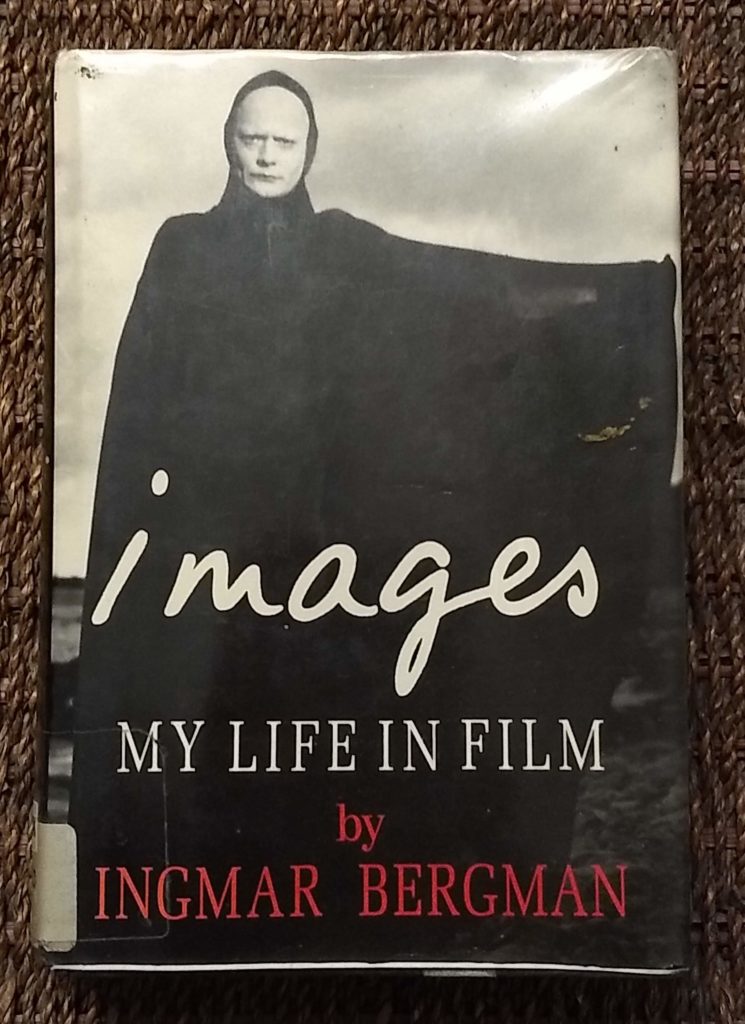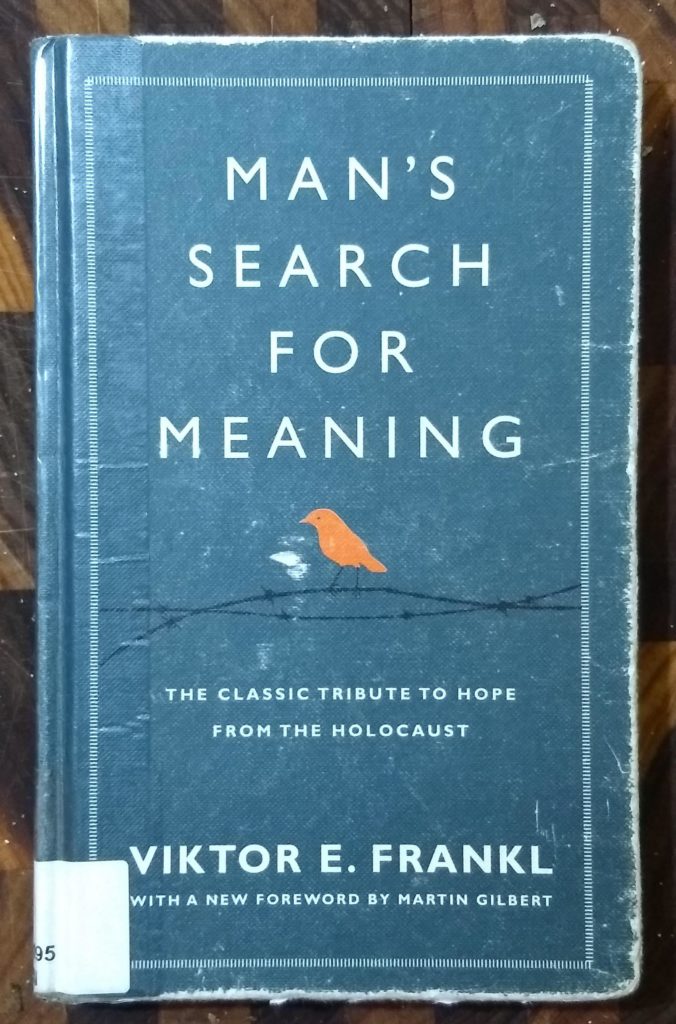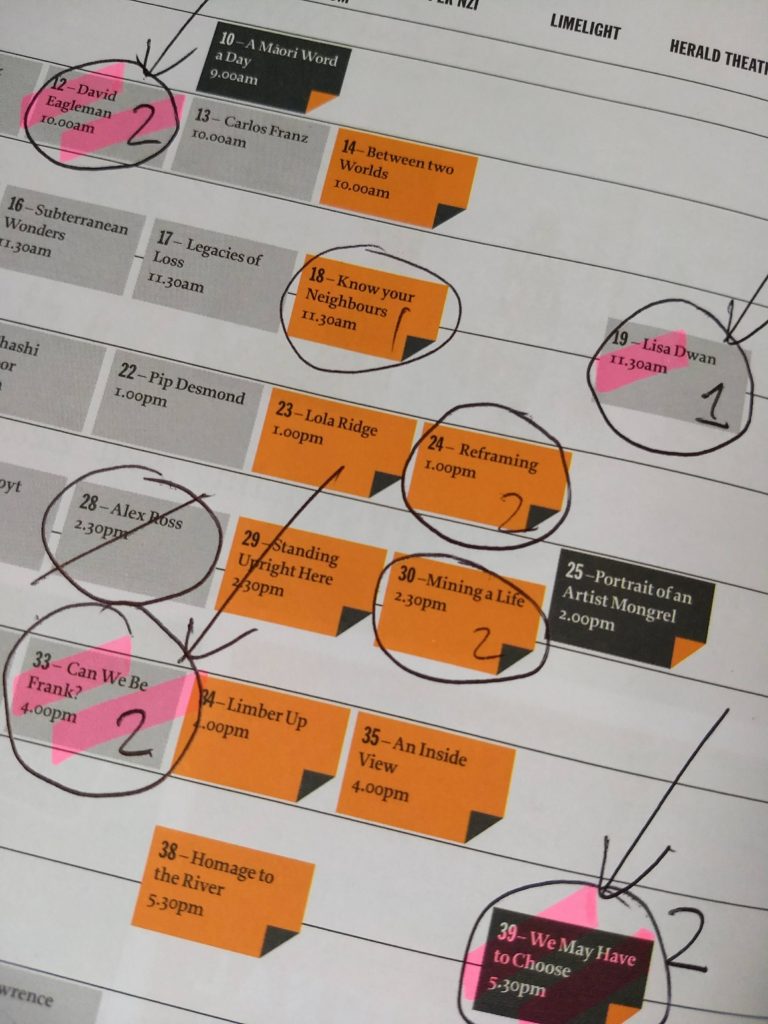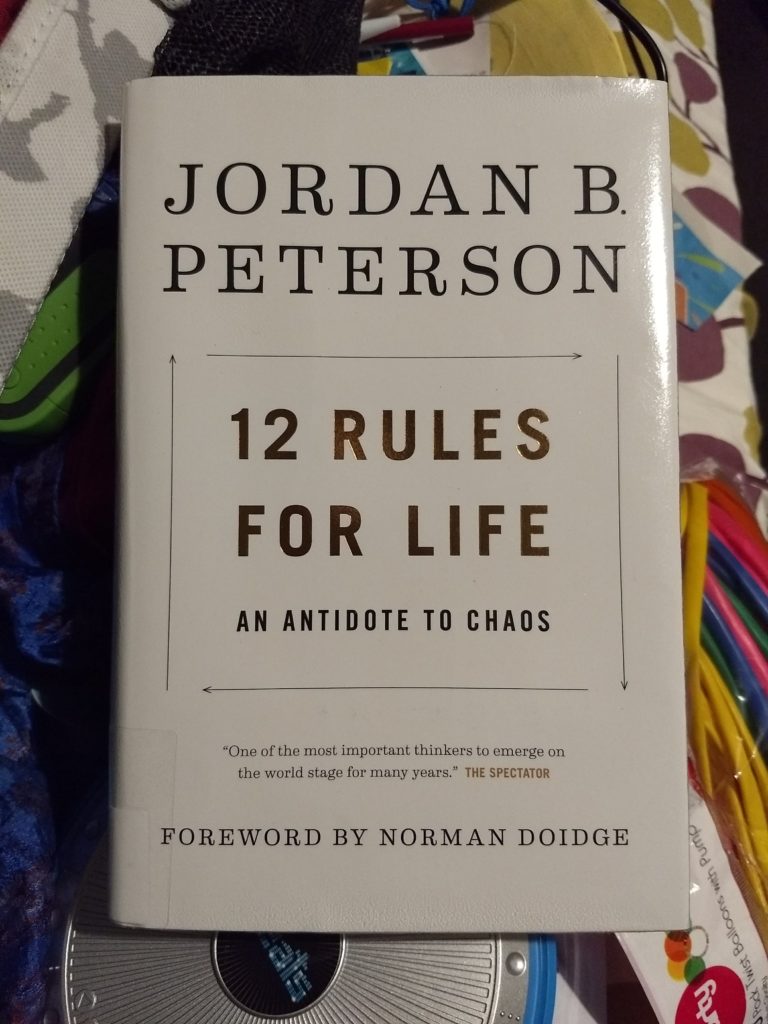
 I picked up a great book in the library the other day. A Kick in the Head – An Everyday Guide to Poetic Forms is a children’s book describing and illustrating about 30 poetic forms. It includes obvious ones like the limerick, haiku, sonnet and couplet, but there were several that I hadn’t encountered before. I especially appreciate the forms with very rigid constraints, such as the villanelle, the triolet and the very tricky pantoum.
I picked up a great book in the library the other day. A Kick in the Head – An Everyday Guide to Poetic Forms is a children’s book describing and illustrating about 30 poetic forms. It includes obvious ones like the limerick, haiku, sonnet and couplet, but there were several that I hadn’t encountered before. I especially appreciate the forms with very rigid constraints, such as the villanelle, the triolet and the very tricky pantoum.
A few days later, I read an article by Michael Hofmann in the London Review of Books about the “professional controversialist and Austropathic ranter” Thomas Bernhard. Hofmann quoted a passage and said it “loops like a villanelle”. (The passage, a powerful yet demented diatribe, makes me want to read the book.) Encountering villanelles twice within a few days inspired me to write one. Very restrictive forms are easier to write in a way, since there are fewer choices to make.
Continue reading →


 I love the
I love the  This is fun to read and it may change your life. The subtitle describes it best: chaos (particularly perhaps the chaos of the modern world) is what Peterson dreads, and he offers prescriptions, strategies and even commandments for how to preserve an ordered and civilised life from the relentlessly pounding waves of entropy. And all presented using language that virtually demands to be read out loud.
This is fun to read and it may change your life. The subtitle describes it best: chaos (particularly perhaps the chaos of the modern world) is what Peterson dreads, and he offers prescriptions, strategies and even commandments for how to preserve an ordered and civilised life from the relentlessly pounding waves of entropy. And all presented using language that virtually demands to be read out loud.



 That guy from The Office (who despite many other noteworthy roles including this one is destined always to be known only as “That guy from The Office“) really is pretty funny. He’s much more likeable in this film than the painful idiots he plays in The Office and Extras.
(OK, his real name is Ricky Gervais. But I had to look it up.)
That guy from The Office (who despite many other noteworthy roles including this one is destined always to be known only as “That guy from The Office“) really is pretty funny. He’s much more likeable in this film than the painful idiots he plays in The Office and Extras.
(OK, his real name is Ricky Gervais. But I had to look it up.)